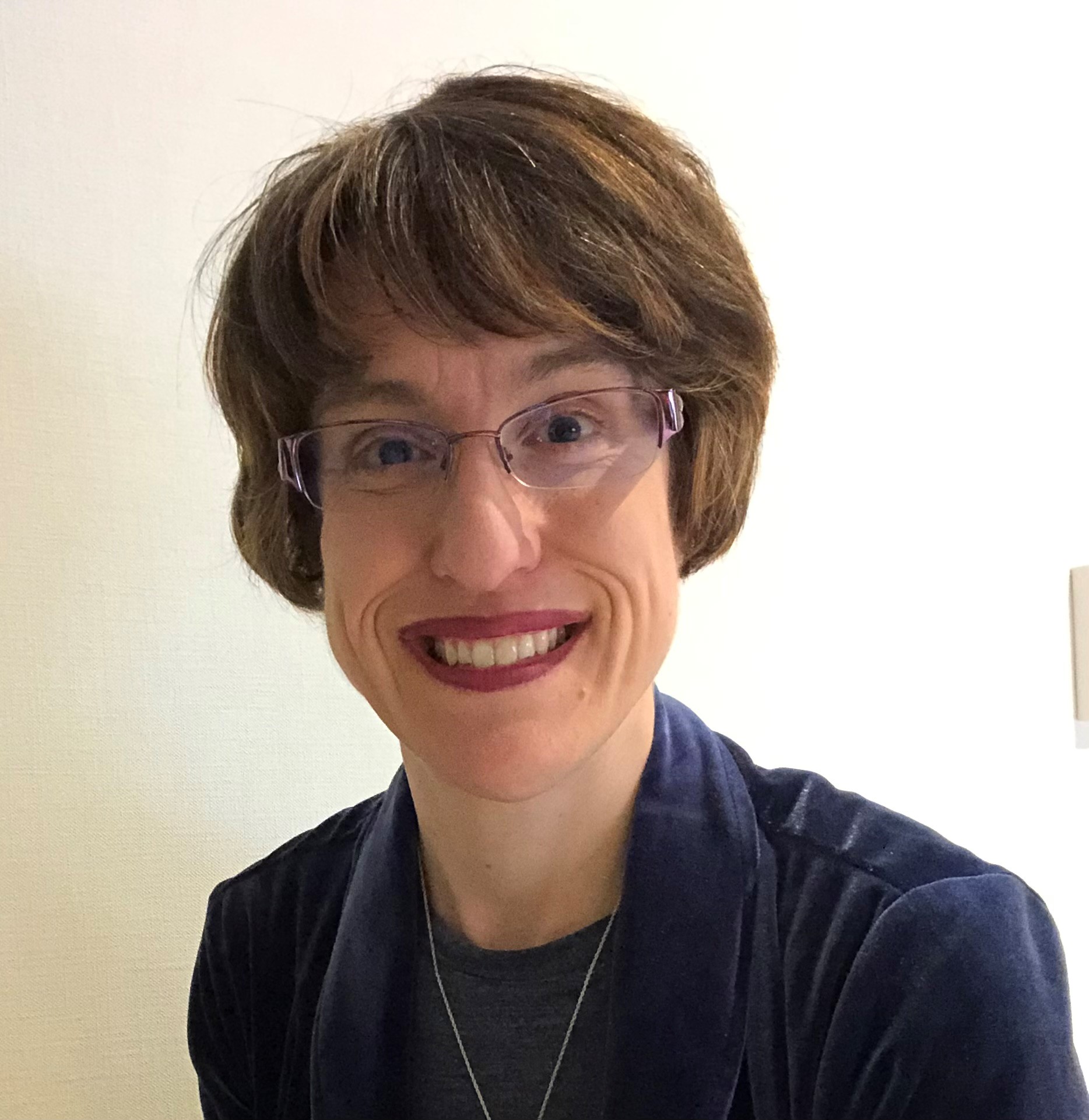10 Tips for Hosting Successful PD Workshops
1. Choose a Topic You Know Well
Do you have a great classroom activity, game, or technique that fellow teachers are always asking about? PD workshops are the perfect opportunity to share your expertise with colleagues! Choose something that you are already familiar with so you will feel comfortable explaining and demonstrating for an audience.
2. Planning Makes Perfect
The same way that you prepare successful English language lessons also applies to delivering successful PD: Consider incorporating a 2:1 ratio when planning (two hours of planning for every hour of delivery). Map out your introduction, transitions, activities, and wrap-up. Print extra handouts in case of any last-minute additions. Check any tech in advance and have a backup plan in case you have to go “old school” (loss of internet, projector, interactive whiteboard, etc.).
3. Accentuate the Positive
Creating a positive learning environment goes a long way toward a successful workshop or PD event! Consider playing upbeat music as participants walk in, incorporating movement to get your audience out of their seats, or providing snacks to keep the energy level high.
4. Stretch Those Mental Muscles
Before jumping directly into your PD workshop content, include a warmup activity, particularly if it’s after lunch or if your attendees have been sitting for a while. This can be a discussion prompt, brainstorming activity, game, or an icebreaker if participants don’t know each other.
5. Incorporate Active Learning
In order to meet the needs of an audience of fellow TESOL professionals, be sure to incorporate hands-on practice, discussion, pair or groupwork, and follow-up activities that participants can do on their own after the workshop has ended. In nearly 20 years of attending (and presenting) TESOL PD, I’ve found the most successful workshops are the ones that include plenty of hands-on activities and opportunities to discuss (and network) with peers.
6. Work the Crowd
Take advantage of the collective teaching expertise in your audience. I like to start workshops by asking warmup questions or having participants brainstorm with a colleague on a given topic; everyone in the room comes with different skills and teaching backgrounds that can add a fresh perspective to the workshop topic.
7. Slow and Steady Wins the Race
Be sure to balance input with an ample amount of practice and reinforcement. Try not to pack too much into a 45-minute or one-hour workshop and consider breaking into multiple workshops instead. Otherwise, your participants may feel overwhelmed or frustrated, particularly when introducing a new skill for the first time.
By breaking more technical content into several workshops, this gives teachers time to try out the previous skills and collaborate with peers before the next session, making it more likely that they will incorporate these new skills into their lessons.
8. Be Mindful of Time
Practice the timing of your introduction, activities, and wrap-up beforehand. Be mindful of the end time, especially if another session is directly after yours. As teachers, our time is valuable, and your audience will appreciate you respecting their time.
9. Embrace Feedback
At the end of every PD workshop, I give participants an anonymous Likert survey to fill out, with space for comments. This allows for honest feedback on whether fellow teachers found the workshop content useful, suggestions for improvement, and lessons learned. Use this feedback to revise your workshop if you plan on presenting it again.
10. Go on the Road
After incorporating postworkshop feedback, consider presenting at a regional TESOL affiliate or at the annual TESOL convention. This increases opportunities for networking and allows for further opportunities to fine-tune your workshop.

